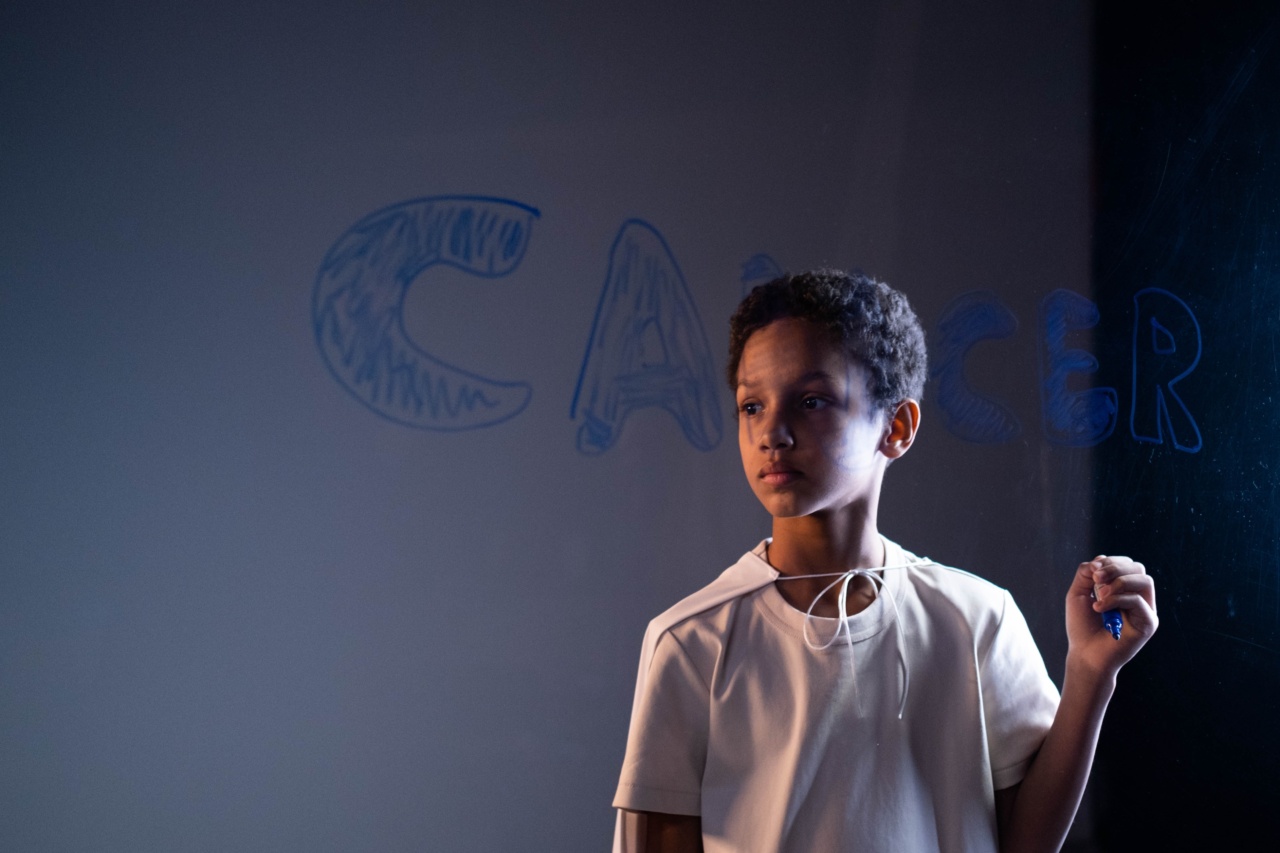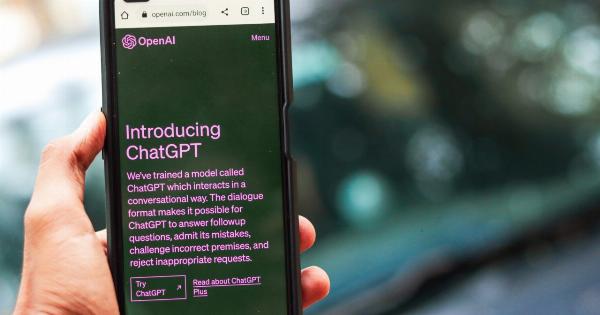Cancer has been one of the leading causes of death worldwide, and among children, it is the most common cause. Children’s cancer diagnosis is often devastating news for parents and family members.
They go through an emotional roller coaster from the signs and symptoms of the condition, diagnostic tests to treatment procedures, and follow-up appointments. However, with the development of revolutionary Car-T treatment, there is now hope for children with cancer.
What is Car-T Treatment?
Car-T therapy is a type of cellular therapy that involves genetically modifying T cells to target specific cancer cells in the body. T cells are immune cells that specialize in attacking and killing foreign cells in the body.
In cancer, T cells usually underperform or fail to recognize and kill cancer cells. Car-T treatment involves removing these T cells from a patient’s body, modifying them to produce chimeric antigen receptors (CARs) that target specific cancer cells, and re-infusing them back into the patient’s body.
Revolutionary Car-T Treatment for Children with Cancer
Car-T treatment is a groundbreaking treatment that has shown promising results in treating both blood and solid tumor malignancies.
In children who have been diagnosed with relapsed or refractory blood cancers, the Car-T therapy has shown success rates as high as 60-70%. Refractory cancers are those that do not respond to chemotherapy or other treatments, while relapsed cancers have returned after a successful response to initial treatment.
The success rate of the Car-T treatment in children is currently the most significant breakthrough in pediatric oncology in decades.
It has earned FDA approval for the treatment of rare and life-threatening forms of cancer, such as acute lymphoblastic leukemia and advanced-stage lymphoma.
Understanding How Car-T Treatment Helps Children with Cancer
The mechanism of action of Car-T therapy is pretty simple yet profound. In this treatment, T-cells, the body’s natural defense against infections and diseases, are harnessed to fight cancer cells.
In children with cancer, these T-cells usually become weak or are overpowered by the cancerous cells. With Car-T therapy, T-cells are extracted from the patient’s body and engineered in a laboratory to express synthetic chimeric antigen receptors that target cancer cells.
When re-introduced back into the patient’s body, the genetically modified cells can recognize and target cancer cells better than the body’s immune system.
This targeting mechanism is highly specific, meaning the modified T-cells do not harm any healthy cells while doing their work of eliminating cancerous cells. Overall, Car-T treatment is a personalized therapy that is tailored to an individual’s cancer, with the hope of improving outcomes, reducing toxicities, and increasing cancer survival rates.
Benefits of Car-T Treatment for Children with Cancer
The Car-T treatment has had a significant impact on the cancer treatment paradigm. It offers several benefits, such as:.
1. Enhanced Efficacy
For children who have had relapsed or refractory cancer, the Car-T treatment has shown some of the most promising results in terms of efficacy.
The treatment has helped improve cancer-free survival rates and complete responses in up to 70% of pediatric patients. These patients go on to have better outcomes and fewer chances of relapse.
2. Fewer Risks of Complications
Car-T treatment is a targeted therapy, which means that it does not harm the healthy cells in the body.
This is a critical benefit, especially for children, as the approach reduces the risk of complications such as vomiting, hair loss, kidney failure, and infertility, which are often associated with traditional chemotherapy.
3. Improved Quality of Life
Car-T treatment reduces the overall duration of treatment and the number of hospital visits.
This translates to fewer hospital and treatment-related complications, which equates to a significant improvement in the quality of life for both the child and the family.
4. Customizable
Car-T treatment is created with each patient’s specific cancer in mind, making it a customizable therapy. The technique allows the creation of a unique Car-T drug specific to a patient’s tumor and unique antigen target.
Moreover, this personalized treatment approach could help reduce cancer treatment resistance.
The Future of Car-T Treatment for Children with Cancer
The success of Car-T treatment for children with cancer has been incredible, with more pediatric cancers being targeted for future clinical trials.
While the treatment might not be very feasible for all patients, researchers and oncologists alike are excited about the therapy’s potential.
Already, new research is underway to enhance the effectiveness of the therapy, reduce severe side effects, and make it more accessible to a wider group of patients.
With the continued advancement of Car-T technology, there is hope that this personalized therapy approach could become the standard care for children with cancer.
The Bottom Line
Children’s cancer diagnosis is a traumatic experience for parents, but the development of Car-T treatment is good news for parents worldwide.
It is a revolutionary treatment that has improved cancer-free survival rates and complete responses in up to 70% of pediatric patients. With its high efficacy rates, fewer risks of complications, improved quality of life, and customizable treatment approach, there is a brighter future for children diagnosed with cancer.






























